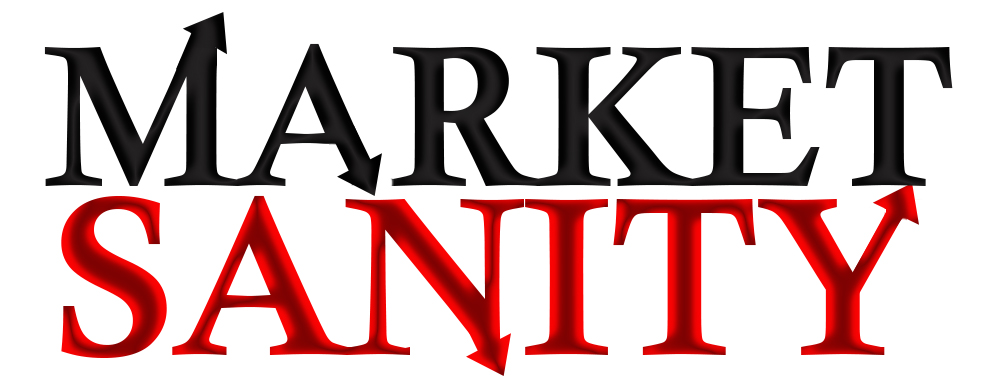Maggie Lake Talking Markets, Released on 1/12/25 (Recorded on 1/7/25)
David Rosenberg, founder and president of Rosenberg Research, joins Maggie Lake to discuss what he got wrong last year and why, and his outlook for the year ahead. He breaks down why the AI revolution may not justify the market’s extreme expectations, what sectors and assets he’s looking at in a year that is “a bog of uncertainty,” how he thinks Canada could hit back at Trump’s tariff threats, why he thinks the US exceptionalism story is built on unsustainable fiscal stimulus that’s about to end, and his out-of-consensus take on bonds. An essential watch for investors navigating what Rosie thinks could be the most unsettled market environment in 60 years.
00:00 – Introduction: David Rosenberg on Markets
01:20 – Market Optimism and Pricing AI Growth
03:40 – Challenges of Forecasting in Uncertain Times
06:08 – Equity Market Overvaluation: Lessons from History
10:26 – The Case for Bonds: Why Treasuries Could Outperform
18:10 – Trump’s Policies: Potential Recessionary Impact
22:55 – Global Bond Yields and Inflation Concerns
33:12 – Europe and Emerging Markets: Opportunities and Risks
42:15 – Cash, Gold, and Defensive Strategies for 2025
55:57 – Closing Remarks: Navigating a Bog of Uncertainty
David Rosenberg is the chief economist & strategist of Rosenberg Research & Associates, an economic consulting firm he established in January 2020. He received both a Bachelor of Arts and Masters of Arts degree in economics from the University of Toronto. Prior to starting his firm, he was Gluskin Sheff’s chief economist & strategist. Mr. Rosenberg was also chief North American economist at Bank of America Merrill Lynch in New York and prior thereto, he was a senior economist at BMO Nesbitt Burns and Bank of Nova Scotia. Mr. Rosenberg previously ranked first in economics in the Brendan Wood International Survey for Canada for seven straight years, was on the US Institutional Investor All American All Star Team for four years, and was ranked second overall in the 2008 survey.


